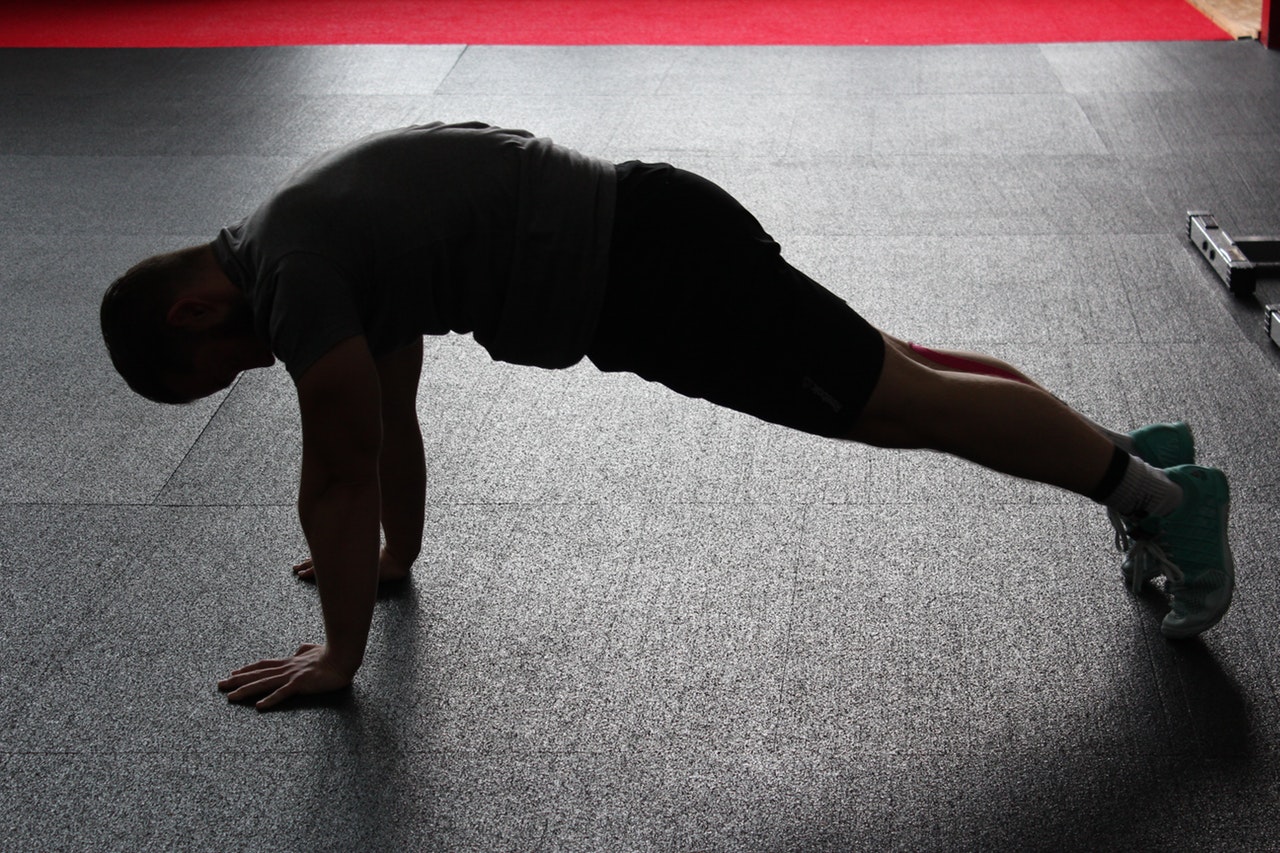Corticosteroid injections for shoulder pain
What we’ll cover
Corticosteroid injections for shoulder pain
Physiotherapy or Corticosteroid Injections for your shoulder pain? Are you experiencing shoulder pain? Our physiotherapist Tegan Skipworth explores treatment options such as corticosteroid injections and physiotherapy.
What is a corticosteroid injection?
Corticosteroid injections are a commonly used intervention in the management of joint pain and pathology. They are used to treat and control inflammation within a specific region of the body to allow a reduction in a patient’s pain symptoms.
Corticosteroid injections are usually comprised of corticosteroid medication and a local anaesthetic. The corticosteroids mimic hormones that are produced naturally within the body, specifically the adrenal glands. These injections are used to control and treat inflammation within a particular joint or area of the body.
Common shoulder conditions treated by physiotherapists
- Tendon pathology
- Shoulder impingement
- Rotator cuff pathology
- Shoulder instability
- Arthritis
- Frozen Shoulder
Imaging for shoulder pain
Often individuals who are showing no symptoms will have shoulder conditions on image findings. However, a high level of pathology on image findings does not always equal a high level of pain. It is possible to improve function and pain in a shoulder without imaging but imaging such as X-rays, MRI and ultrasounds usually become important when the result of the findings may change the treatment pathway.
Imaging can be expensive and has the potential to be a barrier to patient progression as some patients may develop false beliefs about their rehab potential due to image findings. For example: avoiding all overhead activities due to tendon pathology.
Only select patients with shoulder pain should be referred for imaging – your physiotherapist and doctors will undertake a thorough assessment to determine whether or not is it appropriate.
Physiotherapy or Corticosteroid Injection for shoulder pain?
Most common shoulder pain can be managed by your physiotherapist without the need for an X-ray, MRI or corticosteroid injection. Evidence supports physiotherapy interventions inclusive of exercise and manual therapy as having positive effects in pain reduction in patients with shoulder pain and pathology.
Most physiotherapists will recommend a period of conservative management (weeks to months) before referring for a corticosteroid injection. During this time, patients may be advised to trial exercise, manual therapy, hot/cold therapy, oral medication and/or activity modification. Injections are often used for patients who have failed with conservative management or are unable to manage their pain enough to participate in active rehabilitation.
As well as invasive, injections can often be painful and do have associated risks and potential side effects. Practitioners and GP’s will want to limit the number of corticosteroid injections an individual may have due to further risks from having multiple injections.
Side effects of corticosteroid injections
- Infection
- Nerve damage
- Tendon weakening
- Tissue damage
- Thinning of nearby bone (osteoporosis)
- Increased pain short term after injection
Benefits of a corticosteroid injection
- Reduced pain and inflammation
- Increased pain free mobility of the joint
- Weeks to months of pain relief
Patients who are appropriate for a corticosteroid injection should be aware that effects are short term only and they will still need to engage in physiotherapy rehabilitation following a corticosteroid injection to ensure a long-term positive outcome.
It is important to remember that your physiotherapist will consider you appropriate or inappropriate for a corticosteroid injection based on your clinical presentation and your image findings. Not all shoulder pathology will respond to a corticosteroid injection, and not all individuals will have the same response to a corticosteroid injection.
If you are experiencing shoulder pain and want to explore your treatment options, make an appointment to see one of our experienced physiotherapists to start your rehabilitation process today. You can book online or call our friendly team on 9571 6888.



